Bilypsa Tablet 10's
MRP ₹455.5
(Inclusive of all Taxes)
₹68.3 Cashback (15%)
Selected Pack Size:10
10 ₹410
(₹41.0 per unit)
In Stock
45 ₹2050
(₹45.56 per unit)
In Stock
Provide Delivery Location
Online payment accepted
 Prescription drug
Prescription drugWhats That
Composition :
Manufacturer/Marketer :
Consume Type :
Expires on or after :
Return Policy :
About Bilypsa Tablet
Bilypsa Tablet is an insulin sensitiser used to treat diabetic dyslipidaemia/hypertriglyceridemia in type-2 diabetic patients, which is not controlled by statins (lipid-lowering agents) alone. Bilypsa Tablet has both lipid and glucose-lowering effects in a single molecule; thereby, helps lower blood triglycerides and blood glucose levels. Diabetic dyslipidaemia is characterised by increased triglyceride levels, low-density lipoproteins (LDL) and decreased high-density lipoprotein (HDL) levels. This condition is common in people with type-2 diabetes mellitus.
Bilypsa Tablet contains ‘Saroglitazar’, which has dual Peroxisome Proliferator-Activated Receptor (PPAR)-α/γ agonist having strong PPAR-alpha effect and moderate PPAR-gamma effect. PPAR-alpha reduces the synthesis and secretion of triglycerides, increases lipolysis and hepatic oxidation of fatty acids. It also induces an increase in the synthesis of HDL cholesterol. PPAR-gamma reduces the metabolic burden on the liver, muscle and promotes glucose utilisation. It improves post-absorptive insulin-mediated suppression of hepatic glucose output. Thereby, Bilypsa Tablet helps in lowering blood triglycerides and blood glucose levels.
You are advised to take Bilypsa Tablet for as long as your doctor has prescribed it, depending on your medical condition. In some cases, you may experience certain common side effects such as stomach inflammation, nausea, vomiting, weakness, chest discomfort, dizziness, and fever. Most of these side effects do not require medical attention and will resolve gradually over time. However, you are recommended to consult your doctor if you experience these side effects persistently.
Consult your doctor if you are pregnant. It is not known if Bilypsa Tablet is excreted into breastmilk; therefore, nursing mothers should avoid taking Bilypsa Tablet . Bilypsa Tablet should not be given to children as safety and effectiveness have not been established. Bilypsa Tablet should be used with caution in patients with kidney or liver impairment and in elderly patients. Avoid alcohol consumption while taking Bilypsa Tablet as it might cause unpleasant side-effects. Bilypsa Tablet might cause dizziness, so drive with caution. Inform your doctor about all the medications you are taking and your health condition to rule out any unpleasant side effects.
Uses of Bilypsa Tablet
Directions for Use
Key Benefits
Bilypsa Tablet is an insulin sensitiser used to treat diabetic dyslipidaemia/hypertriglyceridemia in type-2 diabetes, which is not controlled by statins alone. Bilypsa Tablet has demonstrated reduction of triglycerides (TG), Low-Density Lipoprotein (LDL) cholesterol, non-High-Density Lipoprotein (non- HDL) cholesterol, Very Low-Density Lipoprotein (VLDL) cholesterol, and an increase in HDL cholesterol. It has also shown glycemic indices by lowering the fasting plasma glucose and glycosylated haemoglobin in diabetic patients. Bilypsa Tablet has dual Peroxisome Proliferator-Activated Receptor (PPAR)-α/γ agonist having strong PPAR-alpha effect and moderate PPAR-gamma effect. PPAR-alpha reduces the synthesis and secretion of triglycerides, increases lipolysis and hepatic oxidation of fatty acids. It also induces an increase in the synthesis of HDL cholesterol. PPAR-gamma reduces the metabolic burden on the liver, muscle and promotes glucose utilisation, and improves post-absorptive insulin-mediated suppression of hepatic glucose output. Bilypsa Tablet has both lipid and glucose-lowering effects in a single molecule; this helps in lowering blood triglycerides and blood glucose levels as well. It also helps in improving insulin resistance. Bilypsa Tablet offers a superior safety profile, greater efficacy on lipid regulation, and excellent glycaemic control.
Storage
Drug Warnings
Do not take Bilypsa Tablet if you are allergic to any of the components. Inform your doctor if you notice rapid weight gain. Consult your doctor before taking Bilypsa Tablet if you are pregnant. It is not known if Bilypsa Tablet is excreted into breastmilk; therefore, nursing mothers should avoid taking Bilypsa Tablet . Bilypsa Tablet should not be given to children as safety and effectiveness have not been established. Bilypsa Tablet might cause dizziness, so drive with caution. Avoid alcohol consumption while taking Bilypsa Tablet as it might cause unpleasant side-effects. Bilypsa Tablet should be used with caution in patients with type-2 diabetes having cardiovascular disease.
Drug-Drug Interactions
Drug-Drug Interactions
Login/Sign Up
Drug-Food Interactions
Drug-Food Interactions
Login/Sign Up
Diet & Lifestyle Advise
- Follow a cholesterol-lowering diet.
- Exercise regularly. It helps in maintaining proper weight and lowers cholesterol.
- Limit salt and sugar intake.
- Avoid smoking and alcohol consumption.
- Choose healthy fats and cut down on trans-fat.
- Include omega-3 fatty acids, fibre-rich food, fruits and vegetables.
- Get active by doing any physical activity such as swimming, brisk walking or jogging. Take stairs instead of elevators/lifts.
- Try eating food at regular intervals. Do not skip meals. Also, try not to overeat.
- Follow a healthy diet and walk for at least 45 minutes to complement treatment with Bilypsa Tablet .
- Rest properly, avoid stress by doing meditation or yoga.
Side Effects of Bilypsa Tablet
- Gastritis (stomach inflammation)
- Nausea
- Vomiting
- Asthenia (weakness)
- Chest discomfort
- Dizziness
- Pyrexia (fever)
Habit Forming
Therapeutic Class
All Substitutes & Brand Comparisons
RX
Lipaglyn Tablet 10's
Cadila Healthcare Ltd
₹455.5
(₹41.0 per unit)
RX
Linvas Tablet 10's
Lupin Ltd
₹455.5
(₹41.0 per unit)
RX
Vorxar Tablet 10's
Torrent Pharmaceuticals Ltd
₹455.5
(₹41.0 per unit)
Author Details
We provide you with authentic, trustworthy and relevant information
Drug-Diseases Interactions
Drug-Diseases Interactions
Login/Sign Up
FAQs
Disease/Condition Glossary
Diabetic dyslipidaemia/hypertriglyceridemia: Diabetic dyslipidaemia, also known as hypertriglyceridemia, is characterised by increased triglyceride levels, low-density lipoproteins (LDL) and decreased high-density lipoprotein (HDL) levels. This condition is common in people with type-2 diabetes mellitus. It is one of the major risk factors for cardiovascular disease in diabetic patients. Lifestyle, genetics, obesity, consumption of high saturated/trans fat, low thyroid levels, and kidney disease could be the cause of dyslipidaemia. Symptoms of diabetic dyslipidaemia include chest pain/tightness, indigestion, heartburn, dizziness, palpitations, shortness of breath, cold sweats, nausea, and vomiting.

Have a query?
Alcohol
Safe if prescribed
You are recommended to avoid alcohol consumption while taking Bilypsa Tablet to prevent unpleasant side effects.
Pregnancy
Consult your doctor
Bilypsa Tablet belongs to pregnancy category C. Consult your doctor before taking Bilypsa Tablet if you are pregnant; your doctor will prescribe only if the benefits outweigh the risks.
Breast Feeding
Consult your doctor
Nursing mothers should avoid taking Bilypsa Tablet as it is not known if Bilypsa Tablet is excreted into breastmilk.
Driving
Safe if prescribed
Bilypsa Tablet may cause dizziness. Therefore, drive or operate machinery only if you are alert.
Liver
Consult your doctor
Bilypsa Tablet should be used with caution in patients with liver disease. Please consult your doctor if you have a liver impairment or any concerns regarding this.
Kidney
Consult your doctor
Bilypsa Tablet should be used with caution in patients with kidney disease. Please consult your doctor if you have kidney impairment or any concerns regarding this.
Children
Safe if prescribed
Bilypsa Tablet is not recommended for children as the safety and effectiveness have not been established.
Recommended for a 30-day course: 3 Strips

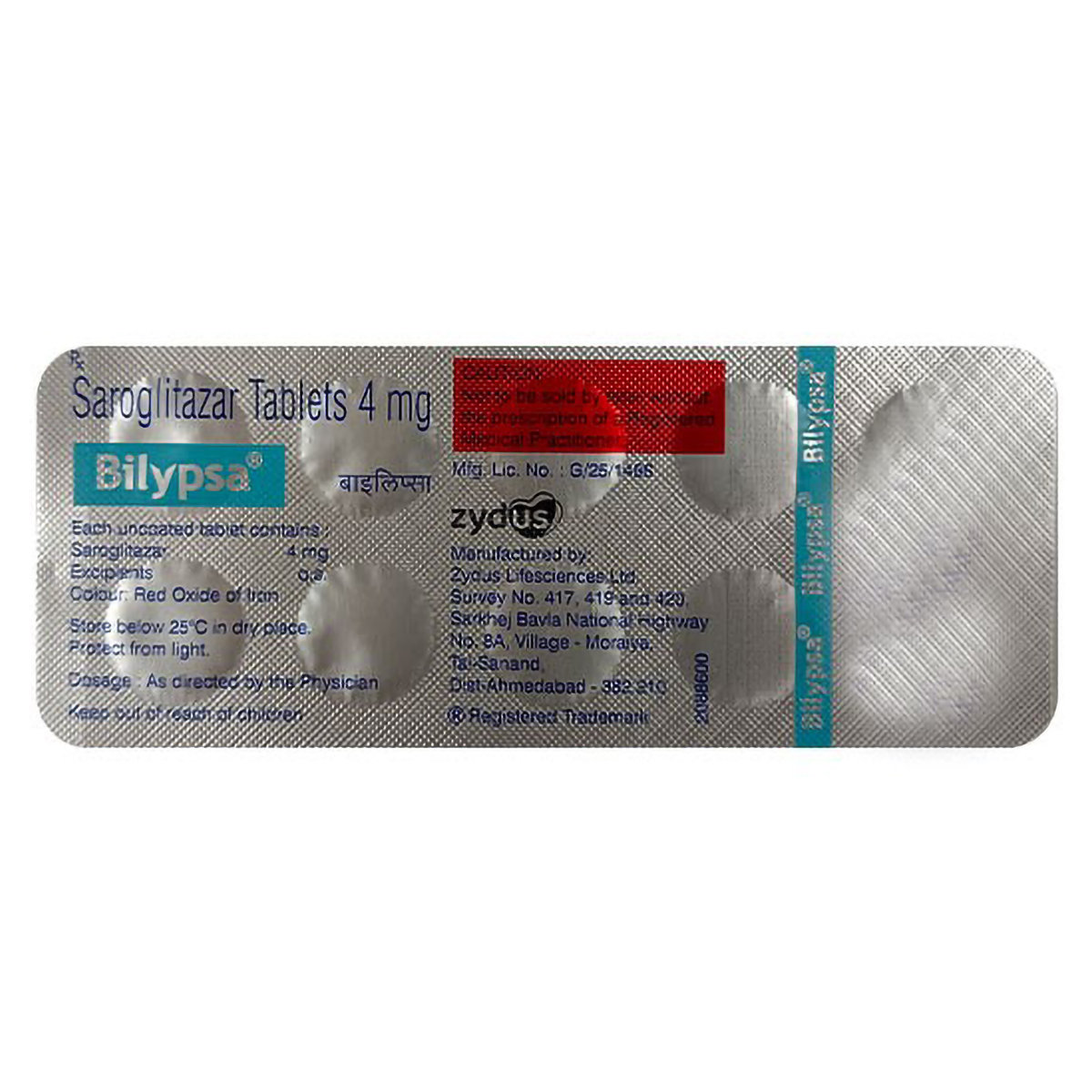

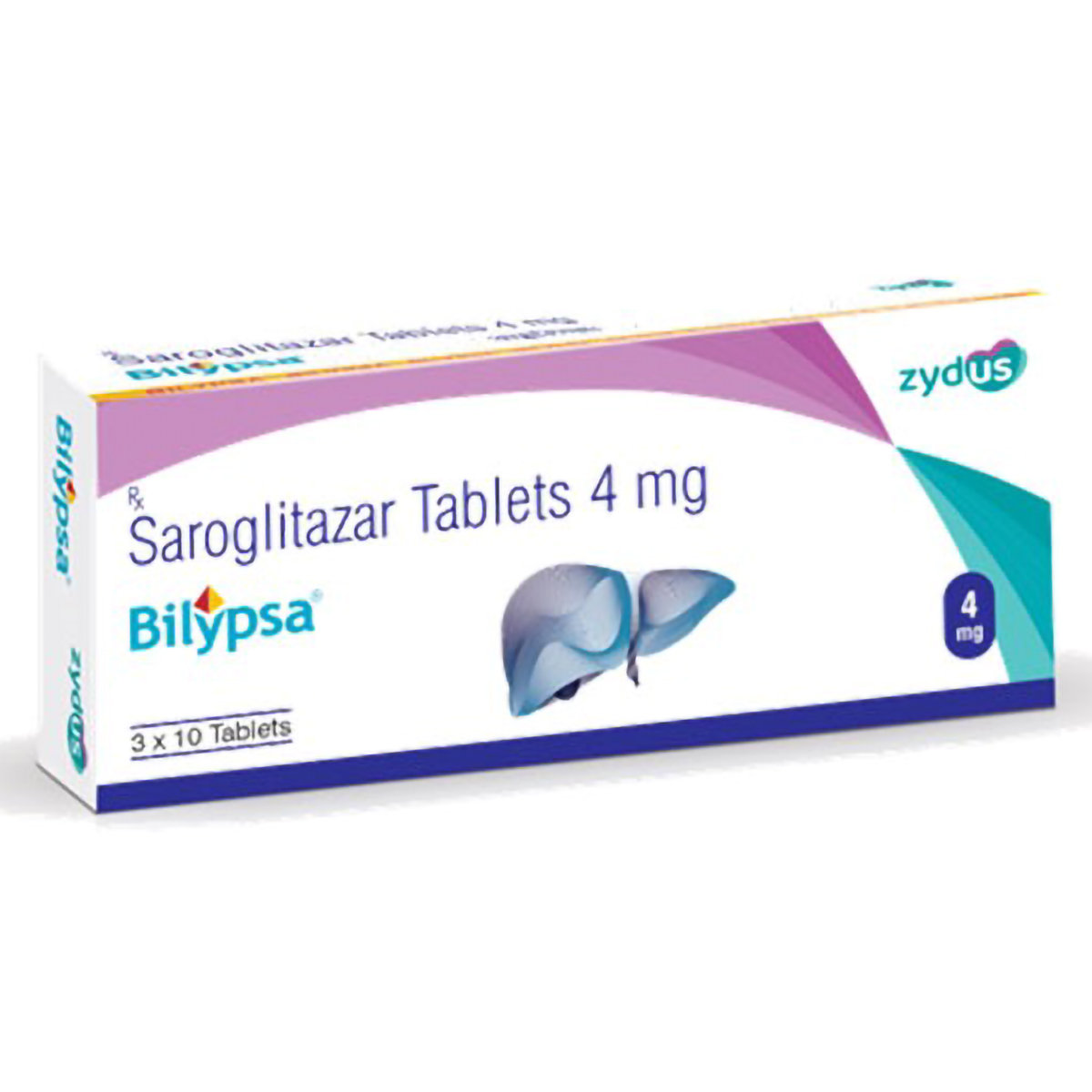



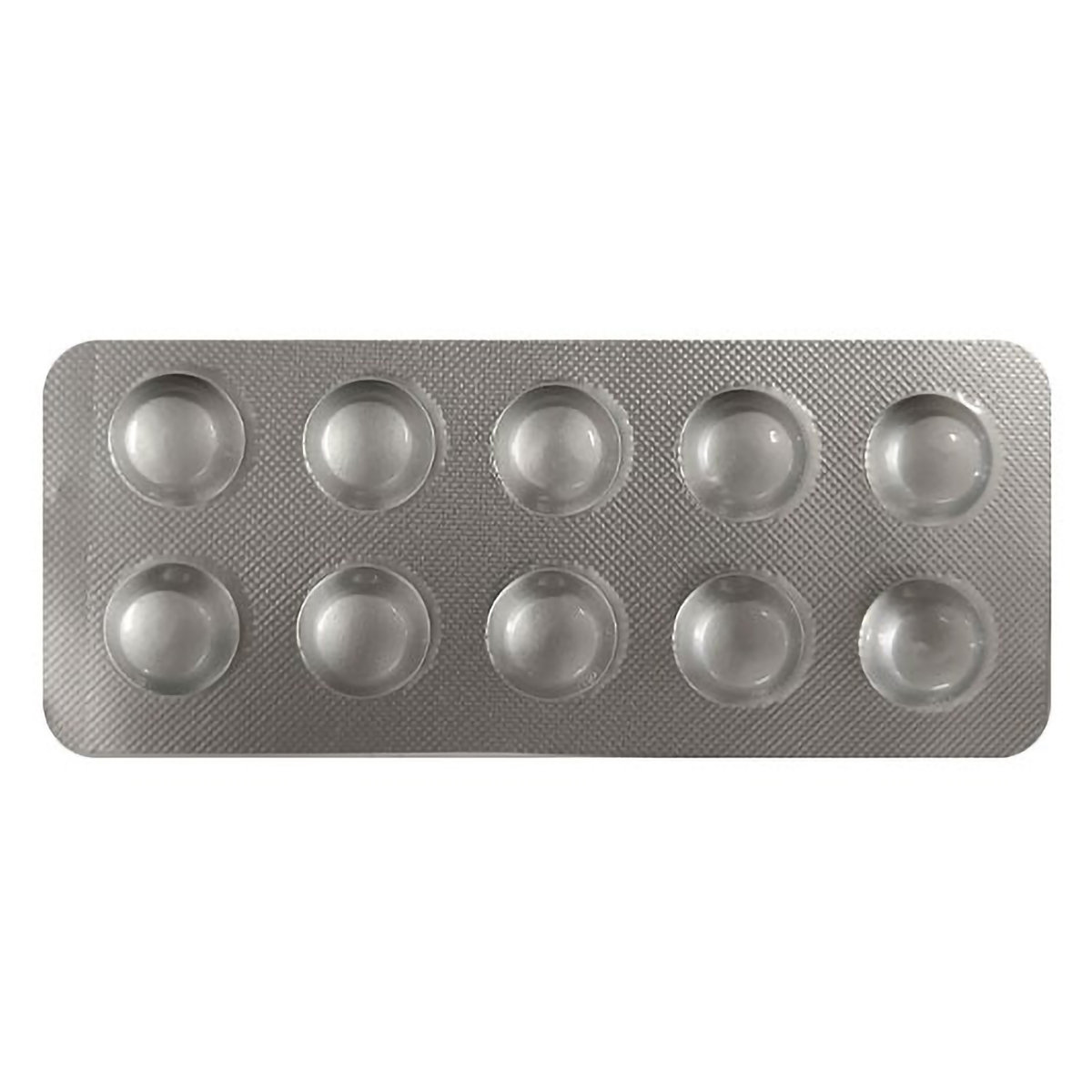

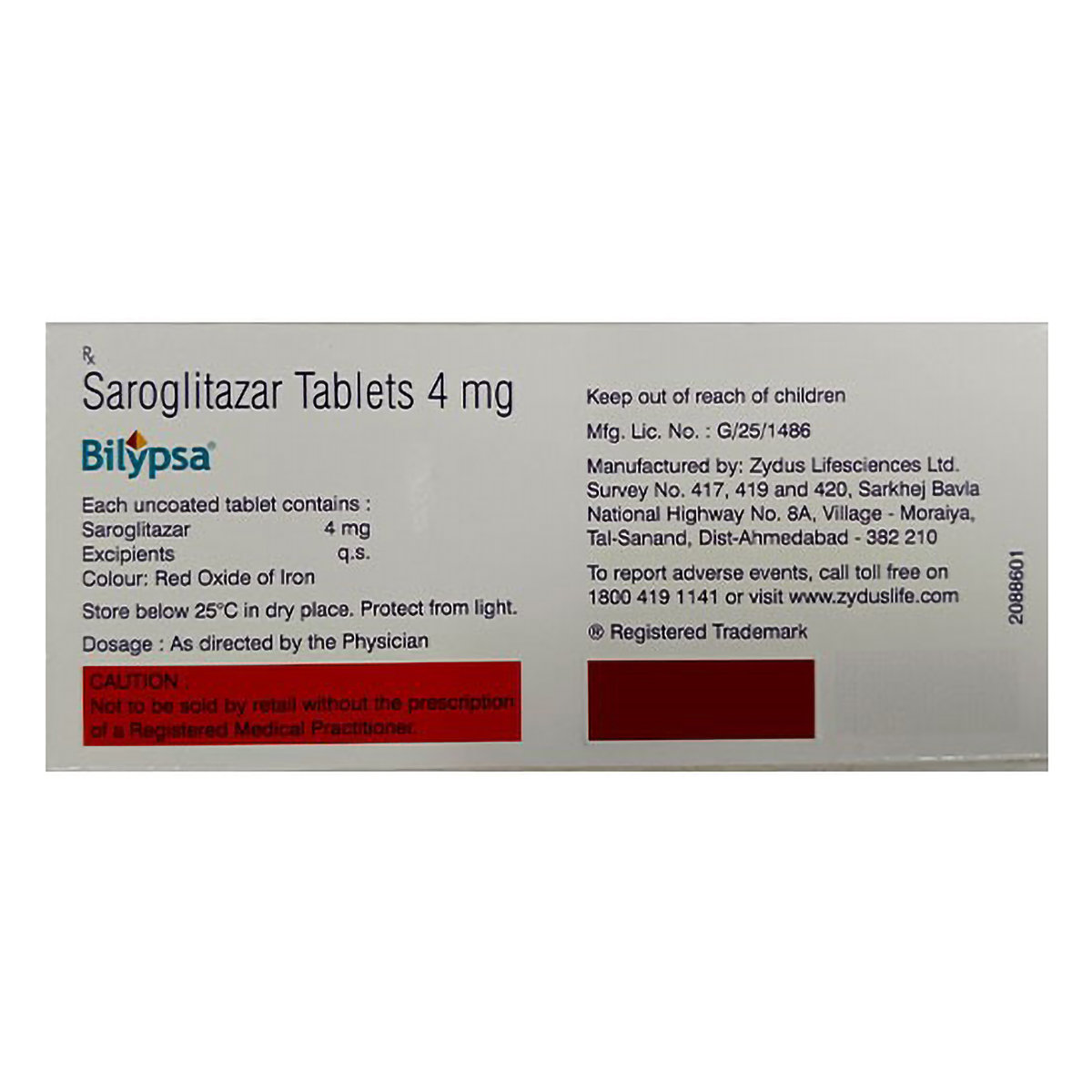
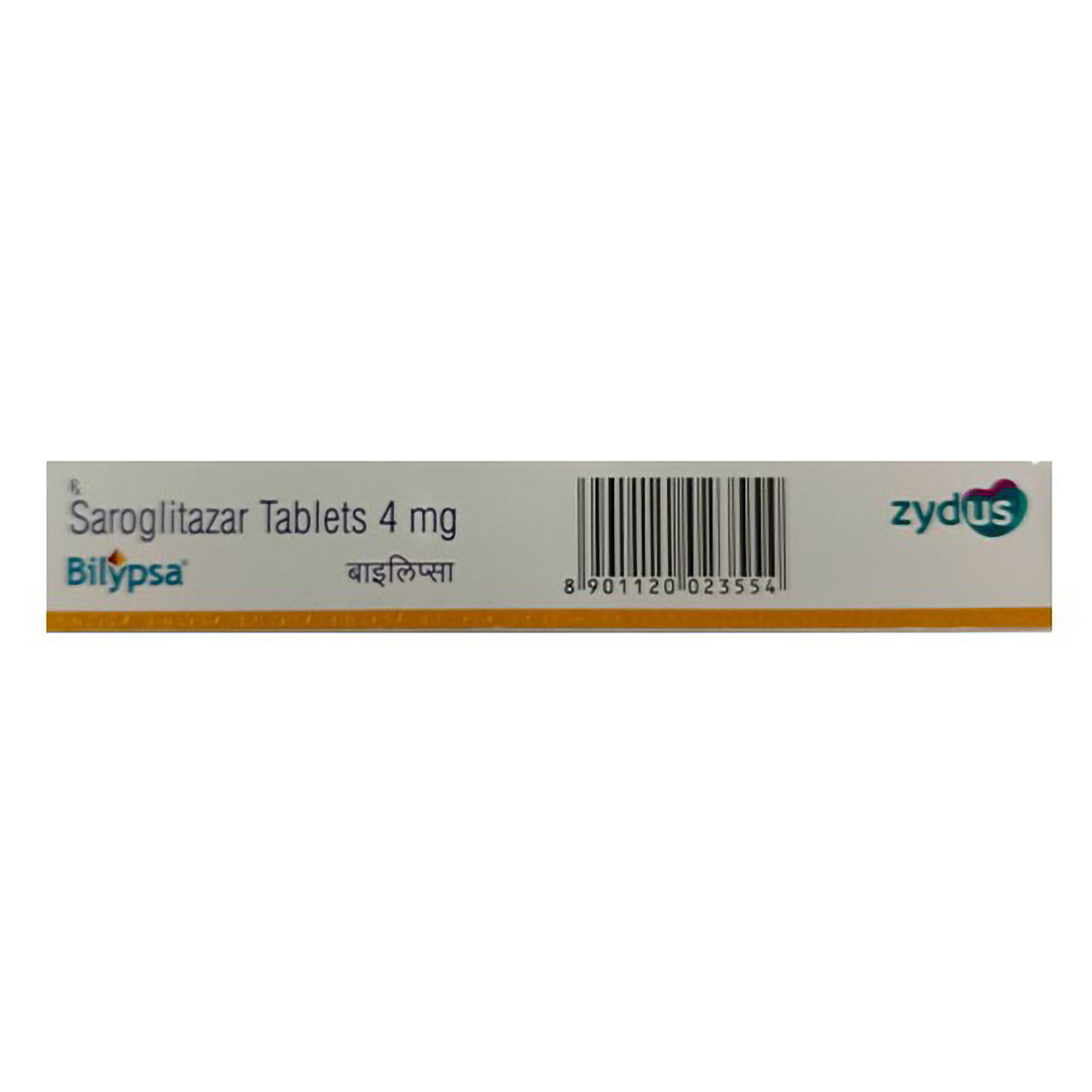

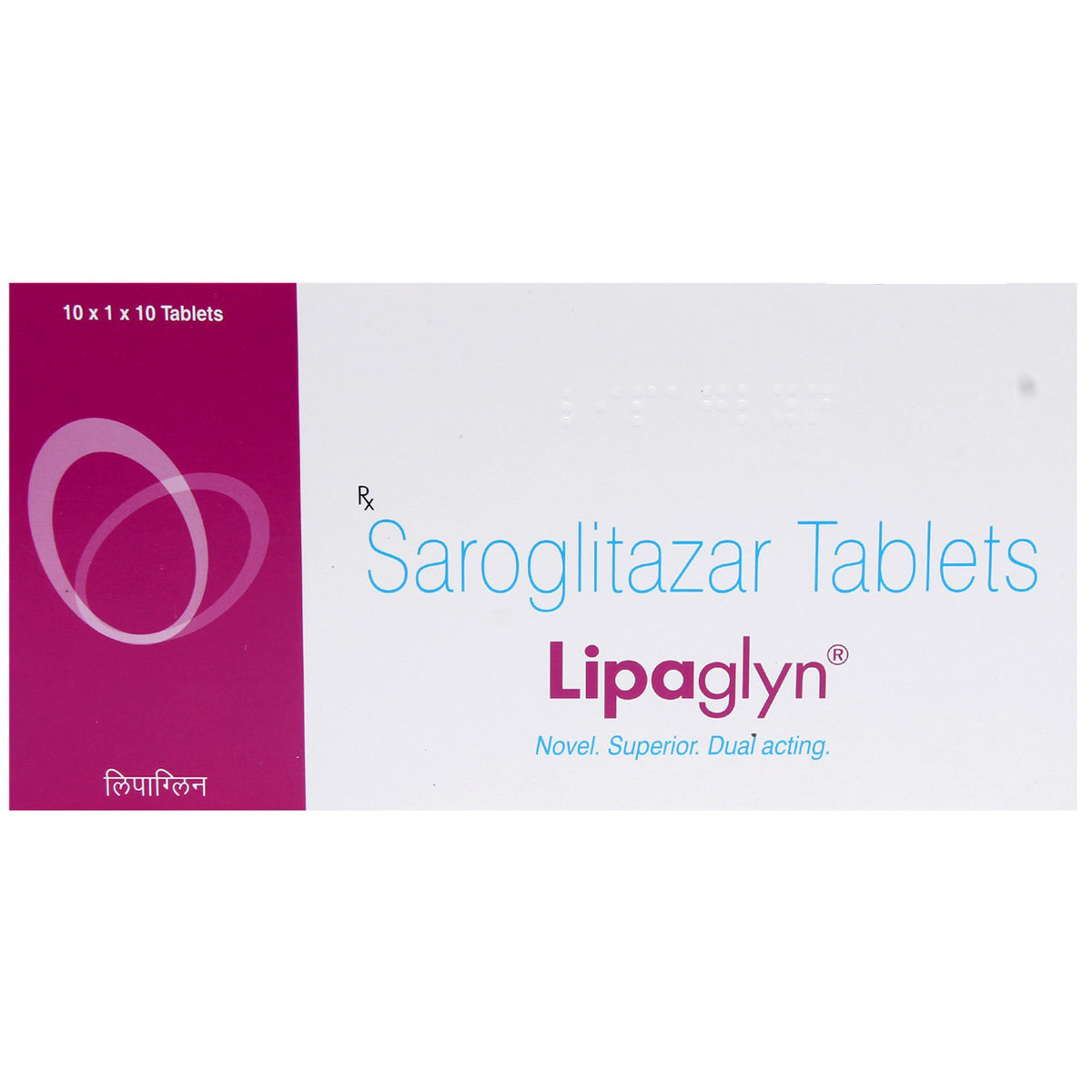
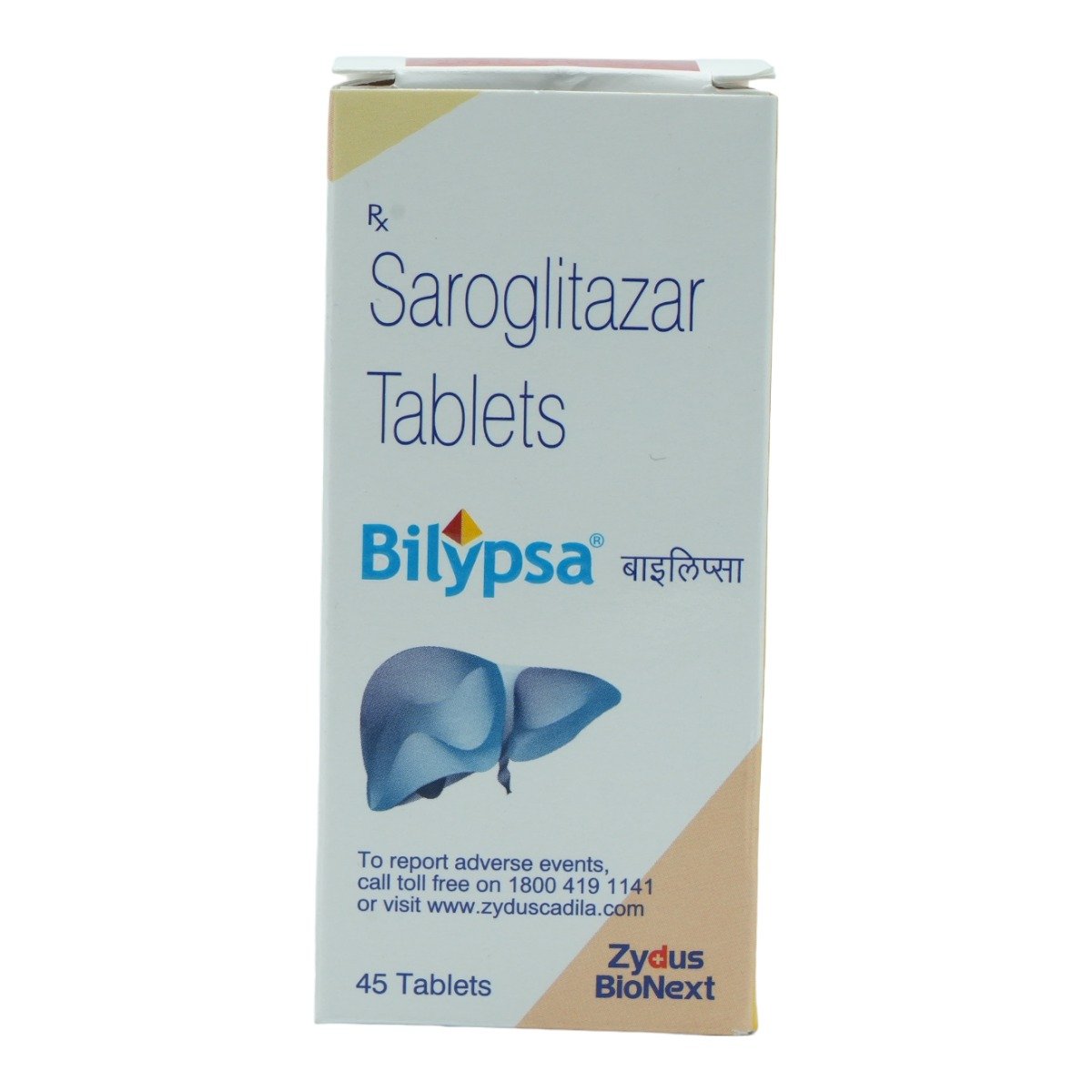

_0.jpg?tr=q-85)

